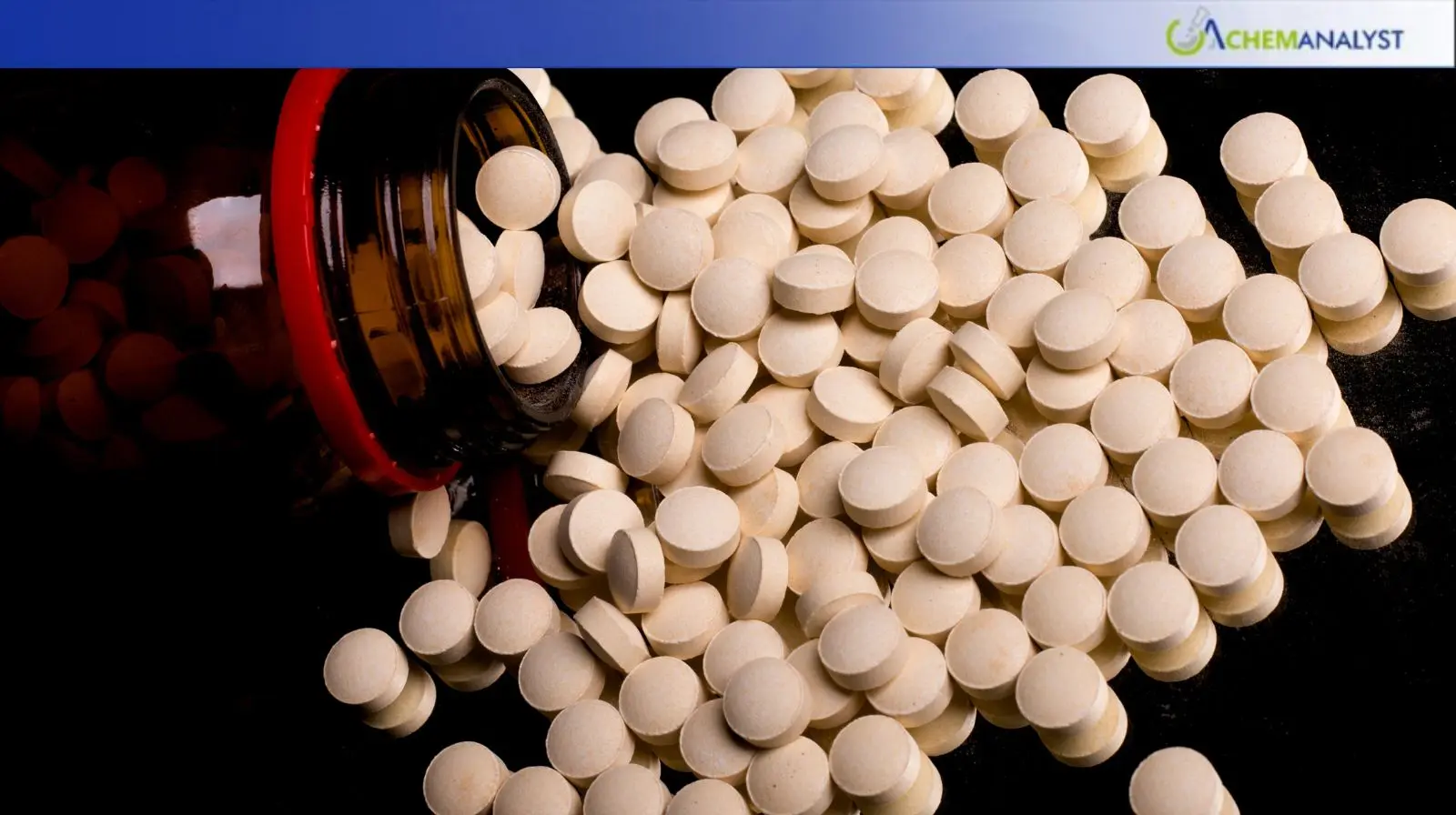Welcome To ChemAnalyst

US market prices for Carbidopa increased in September following their drop in August, being impacted by supply chain restructurings and heightened buying activity. Carbidopa, a key ingredient for the treatment of Parkinson's disease, generally experiences constant demand throughout the year. The primary reason for the price hike is a fresh US trade policy announced on September 25, wherein branded and patented overseas medicines are charged a 100% tariff unless firms establish local production by October 1. This prompted buyers to stock up on Carbidopa prior to the deadline, pushing the prices. The US drug market that imports nearly $252 billion of medication in the last year predominantly from Asia is now at risk of price instability and shortages because of these tariffs. The looming threat of 200% tariffs over it is a precursor to a startling change in the drug supply chain. Experts forecast additional price hikes and shortages in the fourth quarter and warn the small wholesalers would be most severely impacted. Many companies are considering local production to reduce tariff impacts, but it will take a long time, leaving short-run market uncertainty.
Key Highlights:
The US market prices for Carbidopa reversed course in September, rising after a decline experienced in August. The changeover is explained by downstream industry seasonality demand and a newly instituted, broad-brush trade policy program by the Trump administration.
Carbidopa, one of the active pharmaceutical ingredients whose use is necessary for medication of Parkinson's disease, typically experiences consistent demand for the whole year because the disease is long-term. Though prices fell during August due to supply realignments, current supply chain reorganizations combined with higher procurement activities resulted in prices rising during September. The greatest cause of price rebound, however, is the new US administration policy, which has been creating shock waves to the pharmaceutical industry.
The President, Donald Trump, on September 25 stated that the patented and branded medicines being imported would attract a 100% tariff if their manufacturers fail to open local factories by October 1. Due to the new policy, the purchasers initiated a frenzy of bulk purchase of key drug products such as Carbidopa prior to the deadline in order to prevent additional fees. The pre-buy bulk sale also increased the price of Carbidopa.
US pharma industry, which in the past year alone imported around $252 billion worth of medication, largely from Asia, is now gearing up for colossal disruptions. The new tariffs are likely to trigger price shocks and possible shortages, especially in the case of commonly prescribed drugs like Carbidopa.
The October 1st deadline is a turning point for the global pharmaceutical supply chain. President Trump already had indicated back in July that tariffs could be as high as 200%, which was a signal that the administration was going hardline on using the pharmaceutical sector in overall trade negotiations. Though those higher tariffs were not applied straight away, the looming threat will basically change terms of supply and price arrangements for life-saving medicine such as Carbidopa.
Industry analysts forecast a sharp increase in prices of Carbidopa during the fourth quarter with distributors and importers streamlining operations to adapt to the new tariff regime. Domestic wholesalers, especially smaller ones, could have compromised profit margins and logistics issues in keeping level inventories. The policy change could also quicken attempts at localizing the manufacture of drugs, which would transform the global supply chain in the long run.
Pharmaceutical companies are now reassessing their supply chain strategies, with some opting for local manufacturing to mitigate tariff impacts. However, this transition will take time, leaving the market exposed to short-term price and supply volatility.
We use cookies to deliver the best possible experience on our website. To learn more, visit our Privacy Policy. By continuing to use this site or by closing this box, you consent to our use of cookies. More info.
